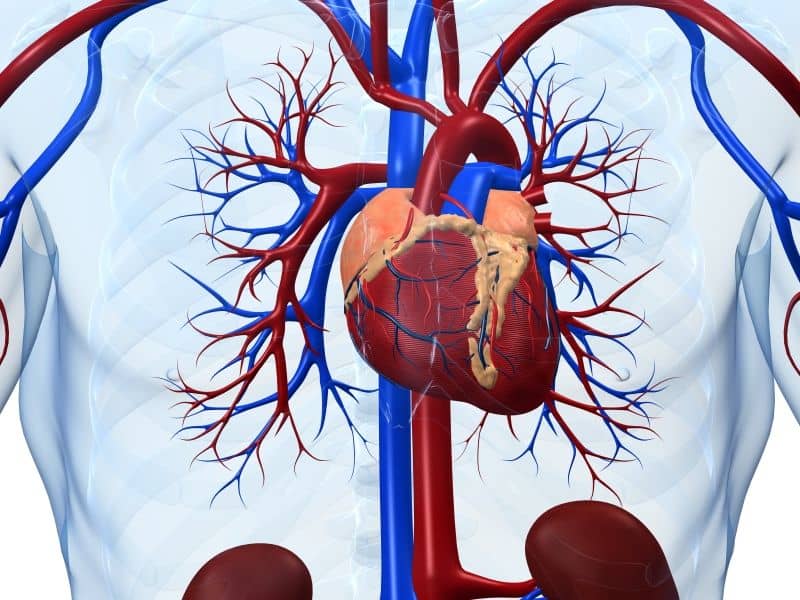We aimed to assess the frequency and nature of financial conflicts of interest among both the guideline committee authors and the authors of research studies used to support the European Society of Cardiology (ESC) guidelines.
We evaluated the competing interests of the doctors that write five of the key ESC clinical practice guidelines (CPG): valvular heart disease (VHD), atrial fibrillation (AF), pericardial diseases (PD), heart failure (HF) and myocardial revascularisation (IHD). In addition, we examined the funding sources of studies cited in the recommendations that were related to pharmaceutical agents. If a study was sponsored by industry, the disclosures of all authors were reviewed to assess whether there was a financial conflict of interest with the study funder.
In total, there were 603 recommendations (PD 112, VHD 111, HF 169, IHD 97 and AF 114) across the five guidelines, of which, 271 (45% (PD 26, VHD 23, HF 72, IHD 84 and AF 66)) related to pharmaceutical agents. At least 80% of guideline committee authors, except for the PD guidelines, had a relevant financial conflict of interest, with the most frequent being a direct personal payment (68-82%). Industry support for studies varied across the guidelines from 5% (PD) to 65% (IHD). If a study was funded by industry, authors were frequently (55-90%) conflicted with the industry sponsor.
The majority of the doctors that write clinical guidelines have a relevant financial conflict of interest. In addition, industry sponsorship of studies is frequent, and authors are often conflicted with the study funder. We propose that physicians that write clinical guidelines should be free of such financial conflicts of interest to maintain scientific integrity and independence in the clinical guidelines.
© Royal College of Physicians 2021. All rights reserved.
Analysis of conflicts of interest among authors and researchers of European clinical guidelines in cardiovascular medicine.


